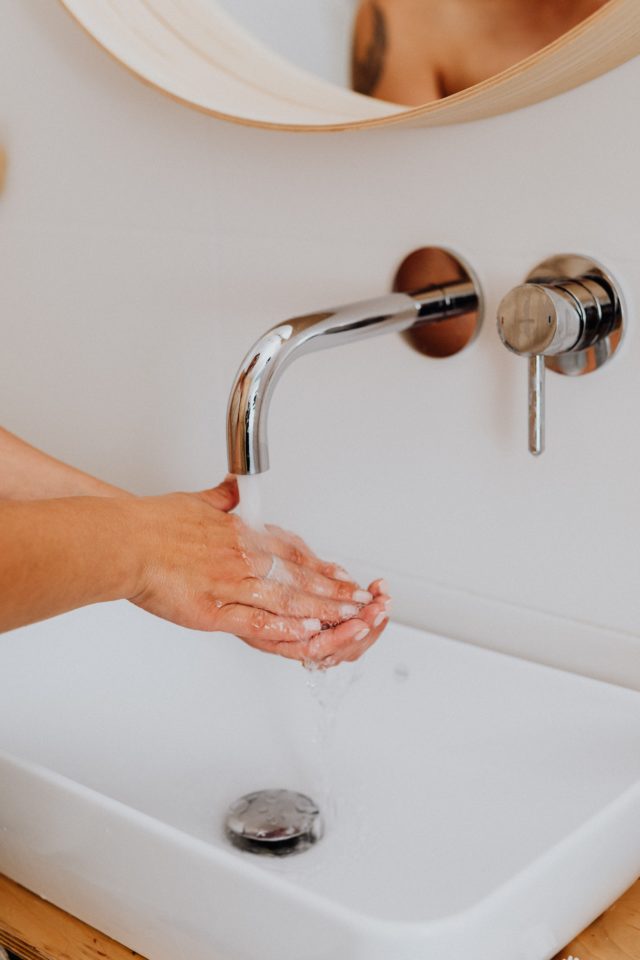How Hard Water Damages Your Plumbing System
Many areas of the country have hard water. It is an inconvenience, and it can also require plumbing repairs that add up in cost over time. Here are a few ways hard water can damage your plumbing and why it is important to install a water softener if you live in an area where hard water is prevalent.
What Is Hard Water?
Hard water is a water supply that contains a high amount of minerals and other dissolved elements. The most common contributors to hard water are calcium and magnesium. Higher levels of these minerals mean higher levels of hardness. Other elements can also be present in hard water, including iron, barium, zinc, copper, manganese, aluminum, and other dissolved metals.
Many homeowners are curious about identifying hard water versus soft water. If you have hard water, you might experience the following:
- Spots or film on dishes or glassware
- Soap that does not lather
- Soap scum on tubs and showers
- Dry, squeaky skin
- White crust around faucets and drains
One way to tell if you have hard water is to fill a bottle one-third full of water. Put a few drops of liquid soap in it and shake it for a few seconds. If the soap does not bubble and the water looks cloudy or milky, then you have hard water.

How Does Hard Water Damage Pipes?
Hard water damages pipes and plumbing fixtures in several ways. The first is that it builds up unsightly scale around your fixtures and drains. It can even affect tubs and appliances like the jets on your bathtub or the ice maker on your refrigerator. It can cause the sprayers on your shower to have reduced pressure or shoot off in odd directions.
Hard water buildup in pipes causes increased soap residue, and this can affect drains and faucets over time. Drains might run slow or clog altogether. As soap buildup increases, you can get a foul odor coming from the drains, and you might notice that your washing machine does not clean your clothing properly. Scale buildup on pipes can cause appliances, like dishwashers and garbage disposals, to not work properly. As scale buildup continues, it creates problems with water pressure that can cause the pipe to rupture or leak.
One of the most common appliances to be affected by hard water is the hot water heater. Hard water can cause it to wear out faster. Minerals can build up on the tank, in the lines, and around the outside valves. This can significantly reduce the lifespan of the system. Keeping your water as free from minerals as possible will help all your appliances last longer and save you money in the long run.
What Can Be Done?
If you have hard water in pipes, then it is time to think about solutions like installing a water treatment system or whole house filtration system to help reduce the problem in the future. For those already experiencing the problems of hard water on their plumbing, then you will need to call a professional. Price’s Plumbing can help you repair or replace your faucets that have scale buildup. Our team can repair or clear drains and pipes that are running slow or that have stopped working due to scale.
Price’s Plumbing has served the Mount Laurel Township, NJ area for over 25 years. Our prices are reasonable, and we can get our team to you quickly so that your scale buildup and other plumbing problems are fixed as quickly as possible. You can contact us using our online form, by phone at (856) 325-9719, or by emailing us at pricesplumbing@gmail.com.
